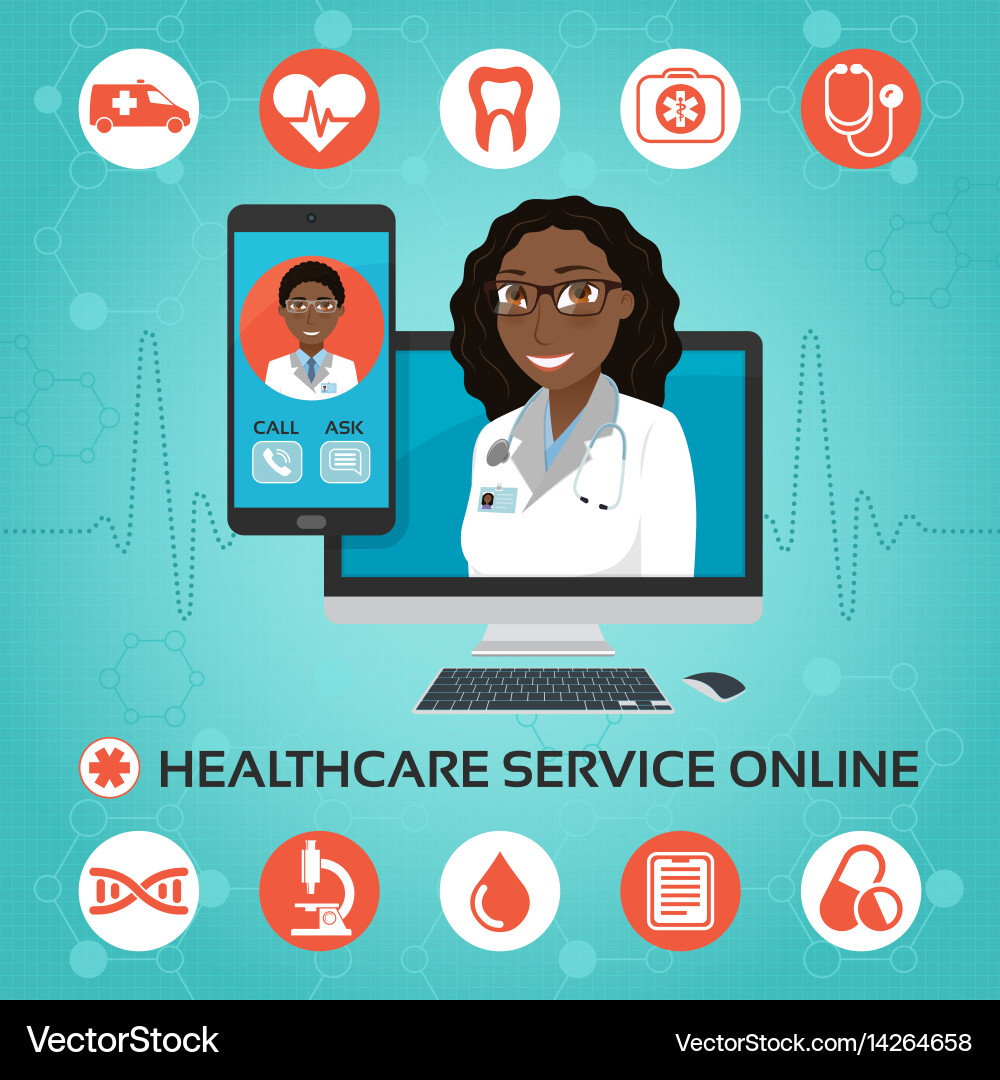Unlocking the Keys of Subscription Based Healthcare for Better Patient Outcomes
Just How Subscription-Based Medical Care Is Reinventing the Medical Market

The Rise of Registration Healthcare
In recent times, the health care market has seen a significant change in the direction of subscription-based versions, showing more comprehensive customer trends favoring convenience and predictability. This change is driven by the boosting demand for more customized and obtainable treatment services. Membership health care, sometimes described as concierge medicine or straight health care, uses patients a set month-to-month cost for a variety of clinical services, considerably modifying standard fee-for-service models.
The surge of registration healthcare is promoted by improvements in innovation, which enable structured communication between companies and people - subscription based healthcare. Digital systems and telehealth services have actually ended up being integral, offering patients the ability to schedule visits, accessibility clinical records, and get assessments online. This technological integration not only boosts individual interaction however additionally allows carriers to deliver a lot more effective treatment
In addition, the registration design straightens with the progressing expectations of people who seek more control over their health care expenditures and experiences. While this model is getting traction, its spreading deals with obstacles such as regulatory obstacles and the need for broader acceptance within the traditional health care community.
Advantages for Clients and Carriers
Subscription-based medical care provides a multitude of advantages for both carriers and patients, reshaping the dynamics of clinical treatment. For clients, this design gives enhanced accessibility to health care solutions.
For doctor, subscription-based designs cultivate an even more sustainable and rewarding method. By safeguarding a consistent income stream, providers can focus on providing top quality care without the stress of volume-based service. This model motivates longer patient consultations, fostering stronger patient-provider connections and improving health and wellness outcomes. Furthermore, it provides providers the adaptability to innovate and include preventative and holistic care techniques. Management tasks are usually structured, decreasing overhanging expenses and enabling providers to commit even more time to individual interaction. Generally, subscription-based medical care straightens the rewards of patients and service providers, advertising an extra patient-centered and effective healthcare delivery system.
Key Attributes of the Version
Frequently, the key functions of the subscription-based health care version highlight its distinct strategy to providing medical services. Central to this model is the idea of predictable, regular monthly settlements, offering people a comprehensive series of solutions without the changability of conventional fee-for-service frameworks. This design often consists of limitless access to health care services, preventive treatment, and regular examinations, guaranteeing that individuals can involve with their doctor proactively as opposed to reactively.
Furthermore, straight interaction networks, such as telemedicine and messaging systems, are highlighted, allowing patients to get timely advice and assessments without needing in-person visits. This improves access and benefit, particularly for people with movement constraints or those staying in remote areas. The design additionally promotes stronger doctor-patient partnerships, as doctor are incentivized to concentrate on lasting wellness end results as opposed to short-term sees.
Moreover, subscription-based medical care often integrates technical advancements, such as electronic health and wellness documents and health tracking applications, to give efficient and tailored care. Patients gain from collaborated and continuous treatment administration, which is customized to their particular health requirements. Ultimately, these functions collectively produce a patient-centered healthcare experience, focusing on ease of access, price transparency, and preventative care.

Considerations and obstacles
While the subscription-based healthcare design supplies various benefits, it is not without its considerations and obstacles. Subscription designs might accidentally favor those with higher socioeconomic condition, possibly expanding disparities in health care gain access to for lower-income people that may struggle with regular monthly charges.
An additional obstacle hinges on regulatory compliance. Subscription-based health care has to browse a complex web of regulations that vary by region, consisting of problems around person discretion, data protection, and state licensing requirements. Making sure conformity without restraining the version's adaptability and innovation can be daunting for companies.
Furthermore, there is the threat of overutilization or underutilization of solutions. Individuals paying a dealt with cost might overuse services, leading to increased functional prices, while others could underutilize because of fear of burdening the system, potentially neglecting necessary care.
Future Leads and Innovations
The landscape of subscription-based medical care is positioned for improvement with emerging innovations and evolving prospects. As innovation remains to advance, the assimilation of fabricated knowledge and artificial intelligence presents substantial chances to improve diagnostic precision and improve patient monitoring. Anticipating analytics can transform preventive treatment by identifying possible health and wellness risks prior to they materialize, thereby lowering both expenses and the burden on medical care systems.
Furthermore, telemedicine is readied to broaden within subscription versions, offering clients raised access to medical care experts despite geographical restrictions. This not just assists in continuity of care yet likewise encourages clients to involve more proactively in their health administration. Additionally, blockchain modern technology offers possible in safeguarding person data and making certain interoperability article source throughout platforms, promoting trust fund and transparency.
The advancement of tailored medicine is one more frontier, with registration models offering an one-of-a-kind structure for delivering tailored wellness remedies. Genetic testing and individualized therapy strategies can be perfectly integrated, lining up client requires with details medical treatments. Additionally, collaborations in between technology companies and doctor are likely to yield ingenious services, improving individual experiences and end results. As these potential customers appear, subscription-based medical care has the possible to redefine just how treatment is supplied and accessed.
Final Thought
Subscription-based medical care is transforming the clinical sector by using a much more available, predictable, and patient-centered approach to clinical click services. This model boosts patient-provider partnerships, makes sure financial openness, and highlights preventive treatment with limitless consultations and telemedicine. Regardless of difficulties such as regulative difficulties and potential differences in gain access to, the subscription version holds pledge for a more efficient and individualized healthcare experience. As modern technology advancements, further advancements are likely to attend to existing challenges and enhance healthcare shipment.
Membership medical care, sometimes referred to as concierge medication or straight key care, offers individuals a fixed monthly charge for a variety of clinical services, navigate to this site considerably changing typical fee-for-service models.
Furthermore, the membership design straightens with the advancing assumptions of patients who seek more control over their healthcare expenses and experiences. For clients, this design offers improved access to health care services. In general, subscription-based health care lines up the motivations of providers and patients, advertising an extra reliable and patient-centered health care shipment system.
Furthermore, telemedicine is set to expand within registration versions, offering people boosted accessibility to health care professionals no matter of geographical restraints. - subscription based healthcare